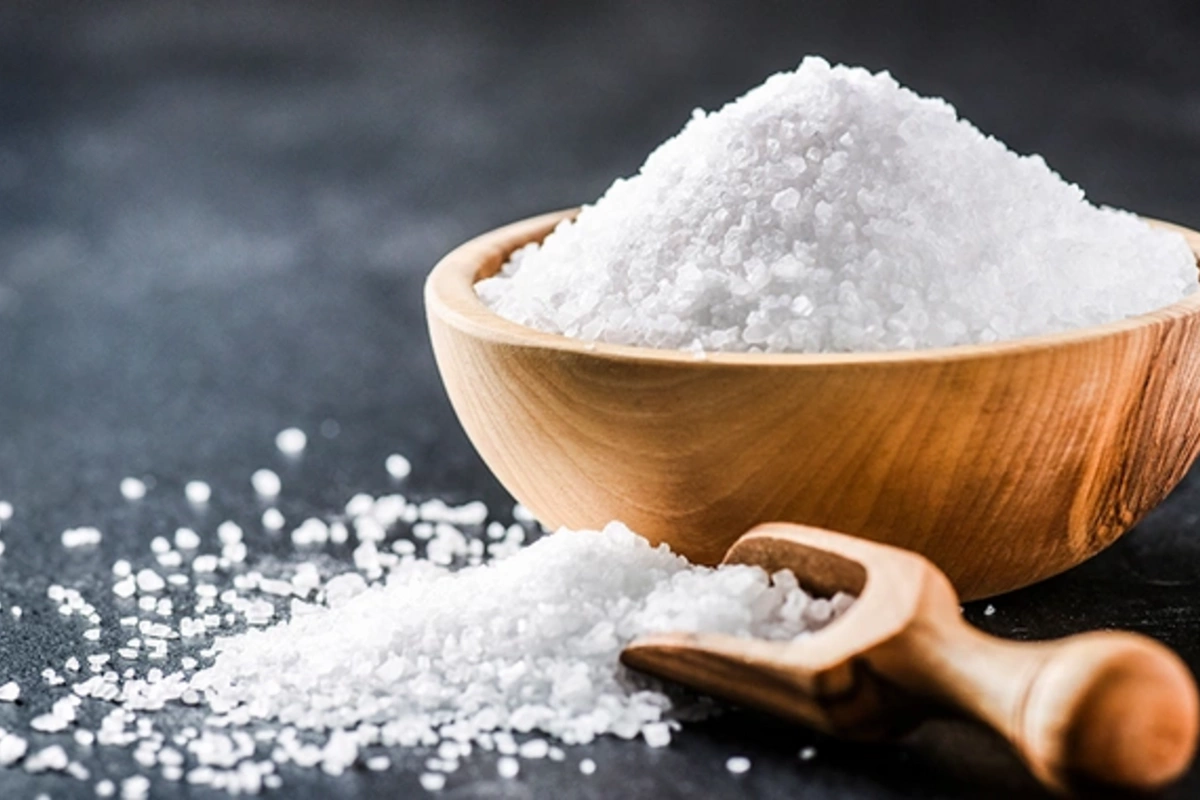03 Jun , 20:56
0

White Gold on the Table: How Salt Affects Our Body from Ancient Times to the Present Day
Salt (or more precisely, sodium ions) acts as a true conductor of vital processes in the body - it regulates fluid distribution, ensures the transmission of nerve impulses, and participates in muscle contraction. This mineral initiates enzymatic processes and maintains acid-base balance. Iodized salt is particularly valuable, serving as a shield against thyroid diseases in regions where there is a natural iodine deficiency.
An alarming trend of modern times - the average person consumes 2-3 times more salt than the body requires. The reason lies in the popularity of processed foods: sausage products, snacks, fast food, and canned goods, where salt performs the dual function of preservative and flavor enhancer. Excess sodium leads to water retention, increasing the volume of circulating blood, which creates additional strain on the heart and increases the risk of heart attack and stroke.
Excessive salt consumption inflicts serious damage on health: blood vessel walls are damaged, atherosclerosis development accelerates, and the probability of stroke and heart failure increases. Kidneys work at the limit of their capabilities, trying to remove excess sodium, which can lead to kidney failure. Additionally, excess salt contributes to calcium excretion in urine, weakening bone tissue and increasing the risk of fractures. A characteristic sign of excess salt in the diet is swelling of the face, legs, and fingers due to fluid retention in the body.
How to reduce salt consumption? Cook food at home - you control the salt level. Read labels - choose products labeled "low sodium." Replace salt with spices - turmeric, garlic, paprika, lemon juice. Remove the salt shaker from the table - this will help reduce "automatic" salting of dishes.
Surprising fact: our taste receptors have a remarkable ability to adapt. Studies confirm that just 2-3 weeks after reducing salt consumption, receptors recalibrate, and the taste of foods is perceived as more vibrant and rich even without excess salt.
Salt is an important component of nutrition, but in moderate amounts. Excess salt is not just a bad habit, but a threat to health, especially to the cardiovascular and excretory systems. By controlling its consumption, we increase our chances for a long and active life.